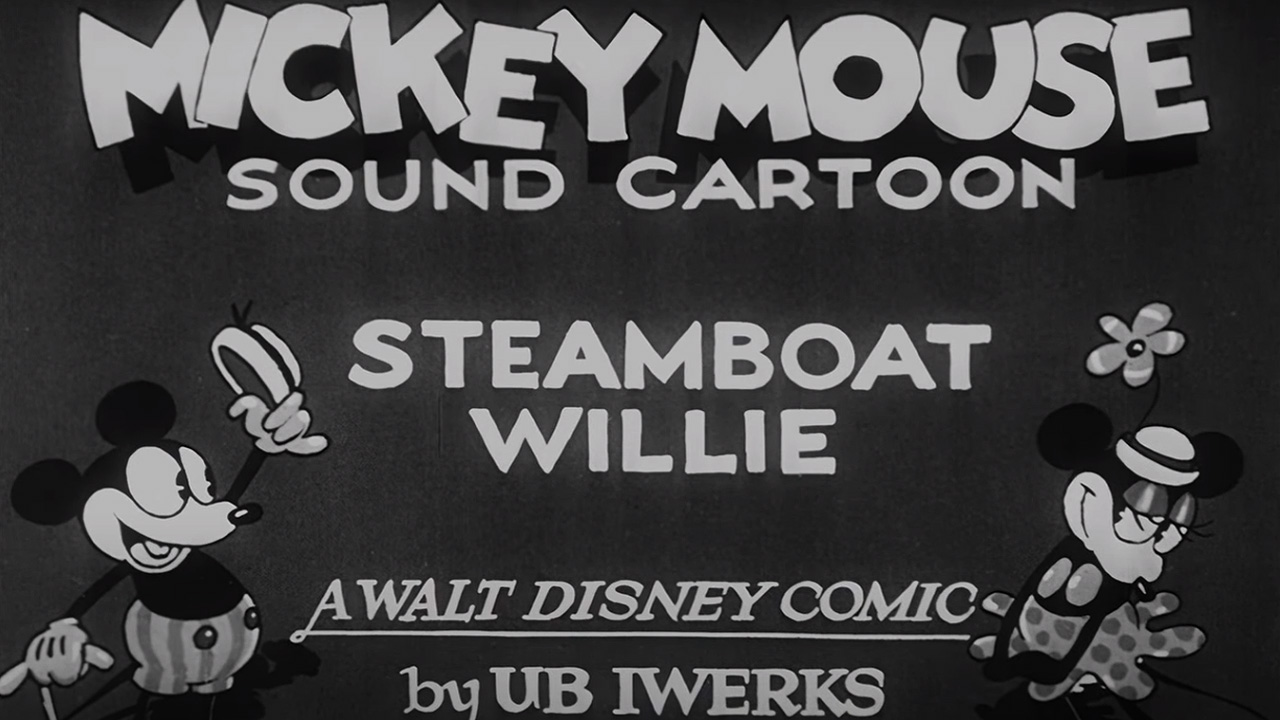2024 marks the move of Steamboat Willie, the first appearance of Mickey Mouse, into the public domain. But while the copyrights for that version expired, The Walt Disney Company still owns the copyrights and trademarks for the later versions.
In 2022, a similar situation occurred with the copyrights to Winnie-the-Pooh. Created by A.A. Milne and E.H. Shepard in 1926, the copyrights to the famous anthropomorphic bear expired 95 years after publication of the first story. This is what led to the production of Winnie-the-Pooh: Blood and Honey, a horror movie by independent filmmaker Rhys Frake-Waterfield.
But there are also significant differences, as Mickey Mouse is the official mascot of Disney as a global brand.
Steamboat Wille was a short animated film directed and produced by Walt Disney, with the story and animation co-developed by Ub Iwerks. Although it is technically the third Mickey Mouse animated short produced, it is the first that received a public theatrical release in 1928.
Jennifer Jenkins, a professor of law and the director of Duke University's Center for the Study of the Public Domain, says "this is it. This is Mickey Mouse. This is exciting because it's kind of symbolic. I kind of feel like the pipe on the steamboat, like expelling smoke. It's so exciting!"

